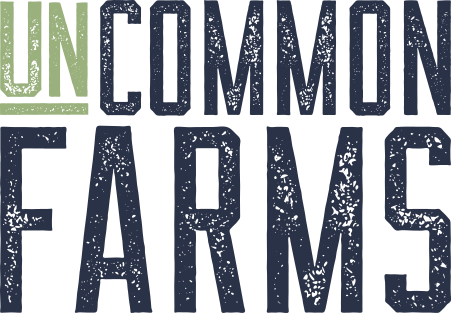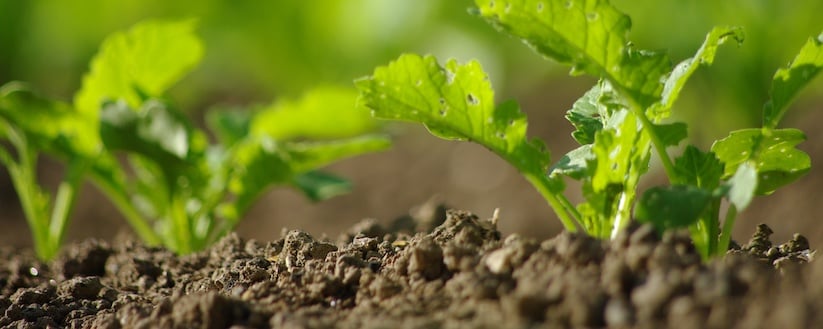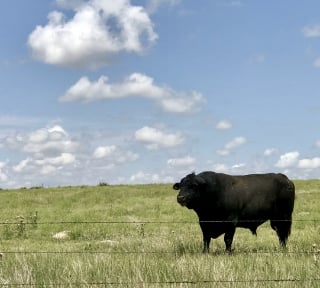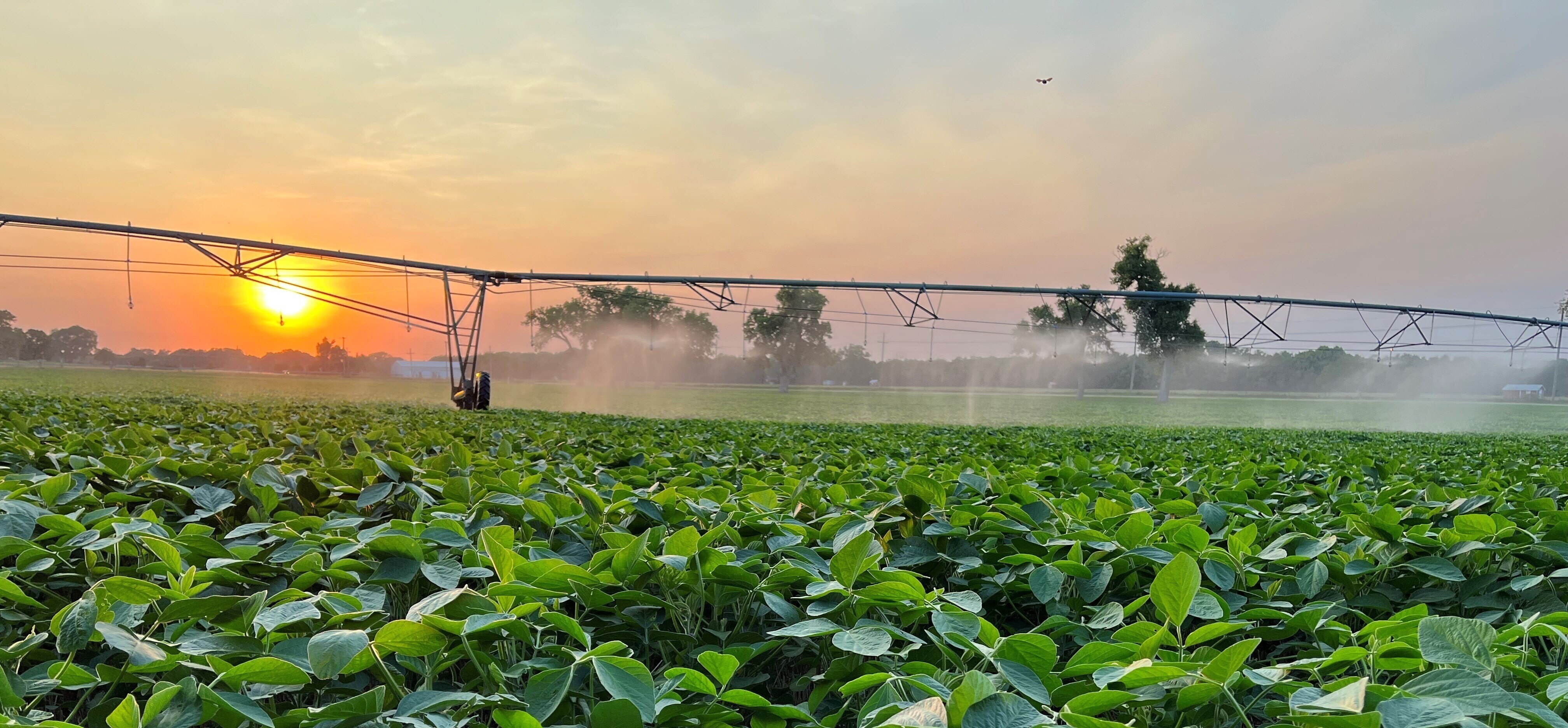UnCommon Farms Value-Network Creates Huge ROI on Soybean Seed Treater
When it comes to planting, farmers have a multitude of factors to consider to save time and money while increasing the number of bushels harvested. A progressive corn and soybean family farm, located in north-central Missouri, was considering options to cut costs, maximize yields, and streamline the planting process. Standard to the industry, this farm was paying roughly $42 per bag for treated soybean seed, which covered approximately one acre. With 4,000 acres of soybeans to plant, the farm was paying around $168,000 for treated seeds.
UnCommon Farms knew this farm, like many other operations, was taking a financial hit in paying for treated soybean seed. While looking for options to help mitigate these costs, we began researching options for on-farm seed treaters and blends. By treating their own seed on-farm, growers could pay lower costs and have greater control than by purchasing pre-treated seed. UnCommon Farms formed a unique partnership with a best-in-class seed treater company. As part of the UnCommon Farms value network, this partnership allowed us to bring not only a state-of-the-art seed treatment system, but also tremendous value to our members.
As a grower with a great deal of soybean acres, this family farm decided to purchase the seed treatment system at a discounted price made available through the owner’s UnCommon Farms membership. Having an on-farm seed treatment system saved significant costs, but more importantly allowed the grower to put on the exact treatment he needed for a fresher, better product.
Breakdown of the Savings
- Cost for untreated soybean seed: $30/bag
- Cost for labor, electricity and treatment blend: $5/bag
- Total cost to treat seed on-farm: $35/bag
- Total cost for pre-purchased treated seed: $42/bag
- Savings: $7/bag
- Total savings of $7/bag x 4,000 acres: $28,000
Cost of seed treatment system = $40-70k, depending on the size of system needed or desired. This means the equipment would pay for itself in 2-3 years.
While the cost savings and quality of product were already of great benefit to this farm—and the other 20 UnCommon Farms members who took advantage of the program—UnCommon Farms investigated further ways to maximize profitability in planting soybeans. One of the many peer groups is the General Manager (GM) group, comprised of some of the top producer across North America, as well as seasoned agronomists and ag industry professionals. As mentioned earlier, most farmers plant roughly 1 bag of soybeans, or 160,000 seeds, per acre. However, the GM peer group found growers can plant 120,000 seeds per acre (possibly even as low as 80,000 seeds per acre) without any degradation in yield. This reduction, along with on-farm seed treatment, creates even bigger savings for farmers.
Overall Cost Savings Analysis
- Plant 120,000 seeds/acre vs 160,000 seeds/acre = 75% of the seed or a 25% decrease
- Cost per bag for untreated seed, labor, electricity, and self-applied treatment blend: $35/bag
- Number of bags needed: 75% of 4000 = 3000 bags
- Total with FFG: 3,000 bags at $35/bag = 105,000
- Total without FFG: $42/bag x 4000 = $168,000
- Total savings with FFG: $63,000
While this case study highlights the significant cost savings with treated soybean seeds, other UnCommon Farms members have utilized the program for wheat. One farmer began treating wheat seed on-farm and is not only using it himself, but has several contracts with other farms to treat their seed for them, creating an additional line of revenue for his operation and mitigating his risks.
This is just one example of the cost savings that many members of UnCommon Farms have realized. Depending on your unique situation, UnCommon Farms could be able to save your farm substantial money. The first step is to tell us about your operation. Click the link below to fill out a free assessment and let us know how we can benefit your farm.





